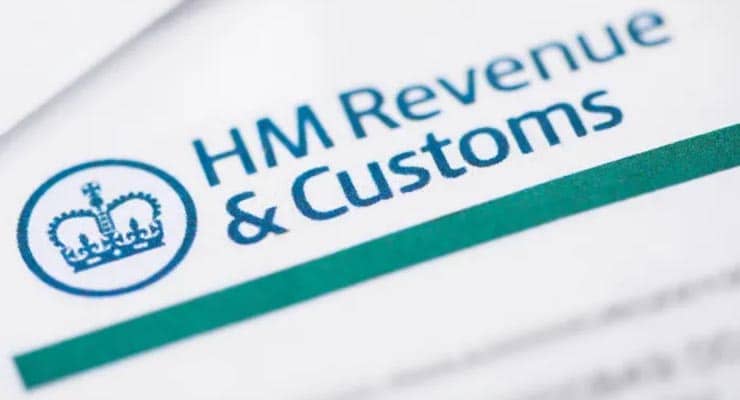Beware HMRC Arrest Warrant Phone Scam
People in the UK should be aware of a prolific telephone scam where crooks contact victims over the phone claiming to represent the police or the HMRC while claiming an arrest warrant has been issued in the recipient’s name due to improper tax payments.
Sometimes a telephone message about an HMRC lawsuit is left on the recipient’s answerphone. In other cases UK victims have reported to have received a call saying an arrest warrant has been issued.
These are telephone phishing scams, and in all cases they are designed to trick a victim into either giving up their personal information to crooks, or pressuring them to make a payment that ultimately goes to cyber criminals.
In most cases, the victim is initially called and presented with a pre-recorded telephone message about a pending lawsuit or arrest warrant on behalf of the HMRC or police. They are urged to contact a number or press a key on their keypad to speak to someone.
Sponsored Content. Continued below...
Once they do, they’re connected with a scammer pretending to be from the HMRC or police. The scammer will try and lure the victim into handing over sensitive information about themselves, which can be used to commit identity fraud.
In other cases the victim is told to make payments to avoid a lawsuit or to void the arrest warrant. The scammers often use threatening language, claiming the victim will be arrested or face a large fine is they don’t make a payment.
How do I know if a call from the HMRC is genuine?
Firstly, the HMRC (or the police) will never call you unexpectedly or leave a telephone message about a lawsuit or arrest warrant. If someone makes this claim, either in person or through a recorded telephone message, it will be a scam.
Even if a phone number appears genuine, it can easily be spoofed.
Sponsored Content. Continued below...
Secondly, always be suspicious of any call where the person on the other end of the line wants you to make payments using gift card vouchers, Western Union or sending money directly through a courier service. These are all popular methods with scammers because they’re untraceable.
If you receive a call from someone unexpectedly demanding or pressuring you to make a payment about a debt you were not aware existed, it is almost certainly going to be a scam.
If you’re not sure if a call from the HMRC is genuine, go to the GOV.UK website and contact the HMRC through the contact details on their website.
Does HMRC contact you by phone?
While the HMRC does call people in some circumstances, they will never call you about payments or debts that you are not already aware of. Initial contact about payments or debts are explained through letters through the post.
In all cases, if you’re not confident the call is genuine, hang up the phone. Always make sure the people you know – especially vulnerable people – know how these scammers operate so they don’t become their next victim.
Continued below...
Thanks for reading, we hope this article helped, but before you leave us for greener pastures, please help us out.
We're hoping to be totally ad-free by 2025 - after all, no one likes online adverts, and all they do is get in the way and slow everything down. But of course we still have fees and costs to pay, so please, please consider becoming a Facebook supporter! It costs only 0.99p (~$1.30) a month (you can stop at any time) and ensures we can still keep posting Cybersecurity themed content to help keep our communities safe and scam-free. You can subscribe here
Remember, we're active on social media - so follow us on Facebook, Bluesky, Instagram and X
